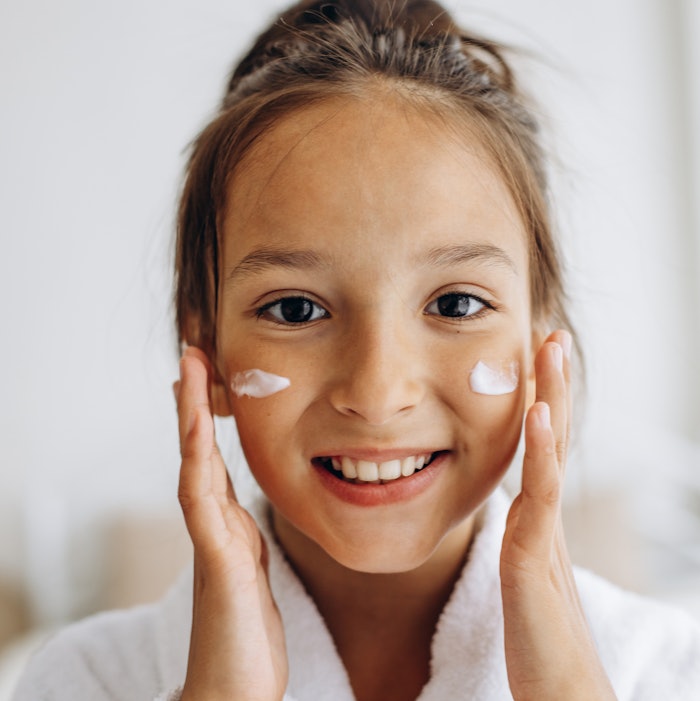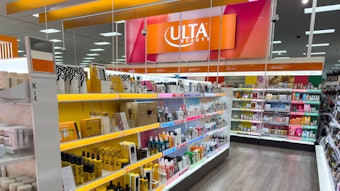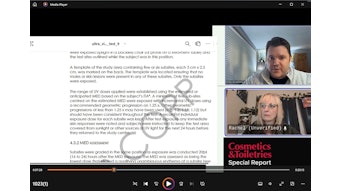
California State Assemblymember Alex Lee has introduced a new bill aimed at protecting minors under the age of 18, notably Gen Alpha and younger Gen Z, from the risks associated with using anti-aging cosmetic products. The legislation seeks to ban the sale of cosmetic products containing ingredients like retinol, retinoids, glycolic acid and vitamin C to children, citing potential harm to their sensitive, developing skin.
The bill comes in response to growing concerns about the trend of young consumers, including children as young as eight, purchasing and using anti-aging skin care products marketed to adults, per Lee. Often described as the “Sephora kids” phenomenon, children are increasingly drawn to products designed to reduce wrinkles, brighten skin, and boost collagen production—despite the potential health risks. Studies from groups like UCLA Health and the Connecticut Children’s Medical Center have highlighted the dangers of these products, including skin irritation, rashes, breakouts, and long-term damage such as heightened sun sensitivity and burns.
Assemblymember Lee emphasized the need for action to stop the beauty industry from exploiting young consumers. “Kids don’t need anti-aging products,” Lee stated. “The beauty industry knows this, yet some companies continue to profit from selling these harsh products to children. This is a common-sense measure to protect kids from unnecessary and potentially harmful cosmetics.”
Key ingredients like retinol, glycolic acid, and ascorbic acid are commonly found in anti-aging products, but they are formulated for adult skin, which is significantly different from children’s skin. Experts point out that children have thinner skin, a weaker skin barrier, and a faster cell turnover rate than adults, making them more vulnerable to irritants and damage. Additionally, regulatory bodies like the FDA do not enforce testing of these products on children, leaving a gap in safety standards, Lee argued.
The issue has garnered attention internationally, with Swedish pharmacy chain Apotek Hjärtat implementing age limits on anti-aging product sales. Meanwhile, U.S. families have significantly increased skin care purchases for minors, with those for teens rising 28.6% in 2023 and for tweens by 27.2%. Connecticut’s Attorney General has also issued warnings to parents about the risks of these products.










